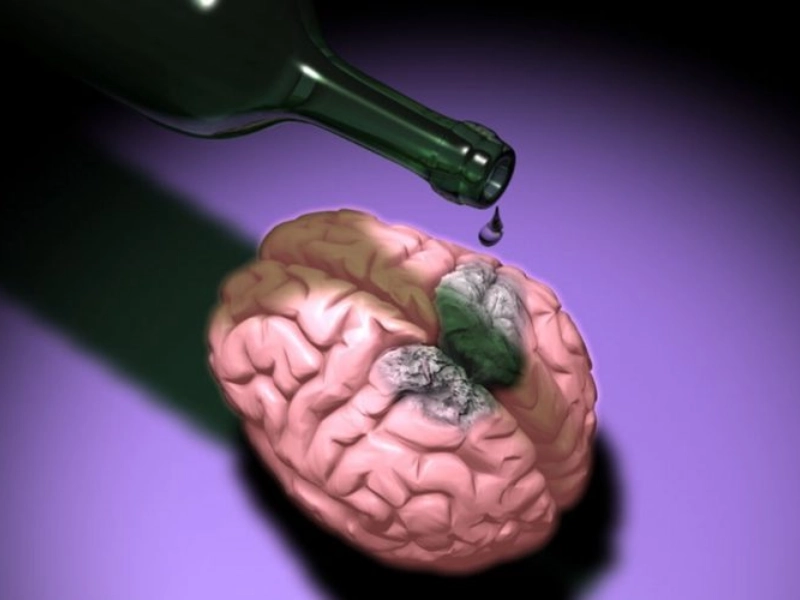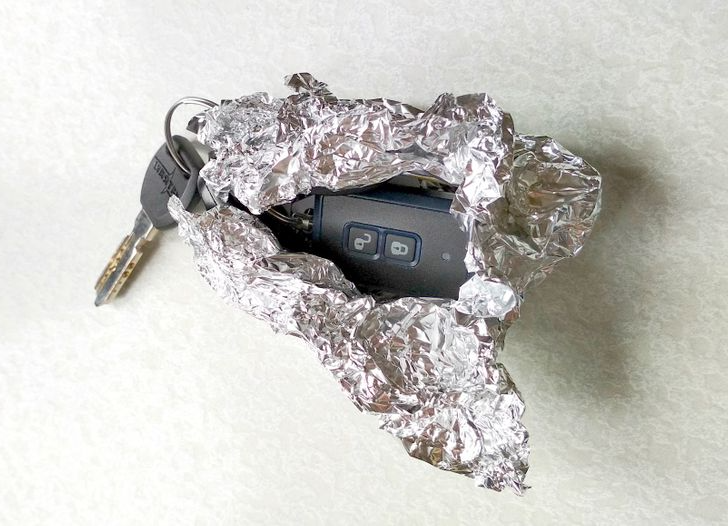Alcohol destroys brain cells.

The belief that alcohol kills brain cells has been widely accepted as fact, often used as a cautionary tale against excessive drinking. However, this statement is not entirely accurate. Alcohol doesn’t directly kill brain cells, but it can damage the connections between them, known as synapses, which are critical for communication within the brain. When alcohol is consumed in large quantities, it disrupts the brain’s ability to process information, leading to temporary impairments in memory, coordination, and decision-making. Over time, heavy drinking can cause long-term changes to the brain’s structure, particularly in areas like the hippocampus (responsible for memory) and the prefrontal cortex (involved in reasoning and self-control). These changes can shrink certain regions of the brain and reduce overall cognitive function. The good news is that the brain has a remarkable ability to heal itself. Many of the effects of alcohol-related damage can be reversed if drinking is reduced or stopped altogether. While moderate alcohol consumption is unlikely to cause significant harm, it’s important to recognize the risks associated with excessive drinking and take steps to protect your brain health.
Advertisement
Recommended Reading: Underground Oddities: Weird Characters Spotted in the Subway
You are viewing page 2 of this article. Please continue to page 3
























Curates rather than overwhelms.
Calms noisy planning.
Love the structure. What’s step one?
Understated value.